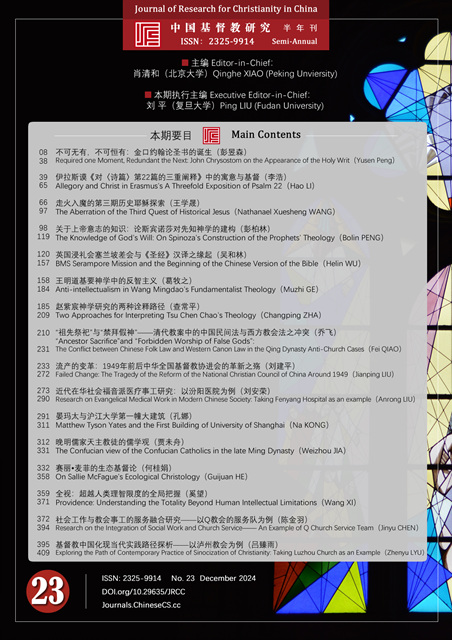Abstract
The concept of providence is a core concept in Christian and other religious theologies, referring to the ability to foresee and comprehend all things, often associated with the omniscient and omnipotent attributes of God in theological contexts. Religious texts and near-death experiences frequently describe experiences akin to providence. While the scientific community maintains a cautious stance, studies suggest that neurological phenomena such as temporal lobe epilepsy can induce similar experiences. Such experiences hint at the possibility of human beings transitioning from limited cognitive patterns to a holistic cognitive state that transcends spacetime, breaking free from the trascendental structures of ordinary intellectual. This particular cognitive capacity may be closely related to the origins of various religions. Moreover, if providence is viewed as a state more advanced than individual consciousness, traditional evolutionary theory struggles to fully explain its emergence. However, the exploration of providence itself faces a paradox: a finite intellect cannot fully comprehend or describe a realm that transcends intellect.

This work is licensed under a Creative Commons Attribution-NonCommercial-NoDerivatives 4.0 International License.
Copyright (c) 2024 Journal of Research for Christianity in China (JRCC)

